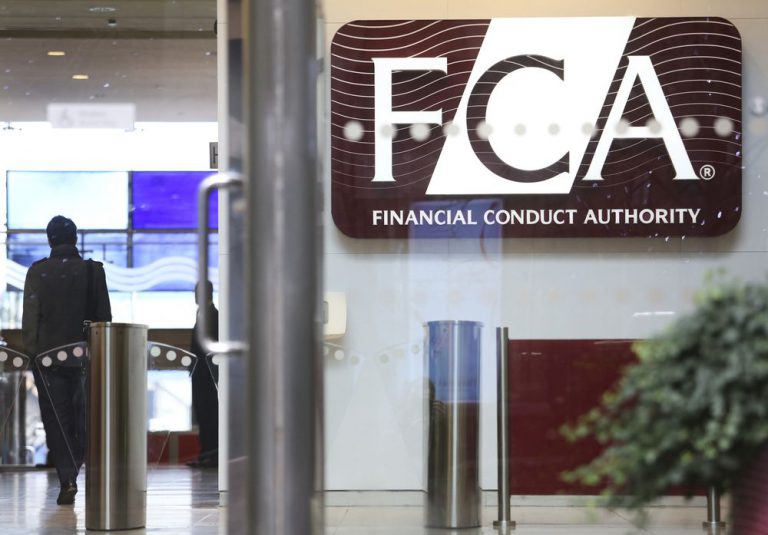
High-Cost Credit is Changing: What does the Future Hold?
Originally posted on https://blog.businesscasestudies.co.uk/4571/high-cost-credit-is-changing-what-does-the-future-hold/
With the fall of the UK’s top payday lender Wonga, legislators have been urging the FCA to tighten their regulations, enforce laws, and close loopholes. The agency has been listening and making steps to change high-cost credit. They have outlined specific aims and goals on how to change the industry, simultaneously ensuring affordable loan rates and sustainable business models. Only time will tell, however, how successful they will be in changing the company culture of credit.
Company Culture
When the FCA regulator Jonathan Davidson made a statement about the current situation and how they plan to fix it, he explicitly cited the company culture of high-credit firms as an impediment to change. While altering these cultures will be difficult, the FCA plans on working them to establish pre-emptive solutions. Showing these businesses that there is profit in offering reasonable loan rates is the first step.
Affordability
One of the biggest reasons Wonga collapsed into administration was that their loans were simply not affordable. When consumers cannot afford the high interest and fees of loans, it is not good for business. The FCA plans on saving consumers over 22 million pounds a year in the rent-to-own industry as well as money in the auto financing industry. While many companies comply with regulations, the goal of the FCA is to show that compliance is not enough. Offering affordable loans is actually good for the business, and the goal is to cultivate an environment where this is the norm.
Relending
Two aspects of the problem is the willingness of companies to relend to their customers and the willingness of consumers to take out those high-cost loans. While there will be new caps established on how much lenders can charge, the public needs to be educated. Relending occurs when the person who took out the loan cannot afford to pay it back and are forced to take out a new one or renew their current one. This leads to a vicious cycle of debt and repayment.
According to MoneyPug, a site used to find cheap payday loans, this is the way the majority of payday lenders make their money. The problem is not only is this bad for customers, it leads to unsustainable business models based on quick profits, not longevity.
Business Models
The FCA plans on working closely with companies not just to change their company cultures but to alter their business models. Dealing with high-cost credit businesses in relation to their size, the regulators will establish solutions that will apply to lenders of certain sizes. What is right for a large company may not be the correct solution for smaller firms. While a government agency and credit lenders working together may not be the solution some citizens want, it will surely lead to more affordable loans. Balancing how expensive credit is with educating consumers is crucial to making it work for everyone.
Education
It is clear by now that high-cost credit firms will find every loophole to maximise profit in the next quarter. Even after the FCA has changed company cultures, business models, and lending practices, there is no saying whether they will continue on that path or if they will return to their old ways. For the cynical person it may be difficult to think this industry will ever change. That’s why educating the public on high-interest and short-term loans is imperative.
Knowing the right interest rate, loan period, and amount to take out are all a part of consumer education, but so is the knowledge that they should not renew a loan to pay for debt. Relending is a trap, and consumers need to understand that they will not be able to easily escape it.
The Future
It is unclear what will happen in the future, but for the meantime the FCA is working on cultivating more affordable loans, closing loopholes, enforcing regulations, and working with companies to change company culture and business models. However you look at it, legislators and regulators are working together to crack down on the predatory lending industry. For now, at least we have the peace of mind that something is being done, if not to hold these firms accountable, to change their ways. Only the future will show how successful this initiative will be.
